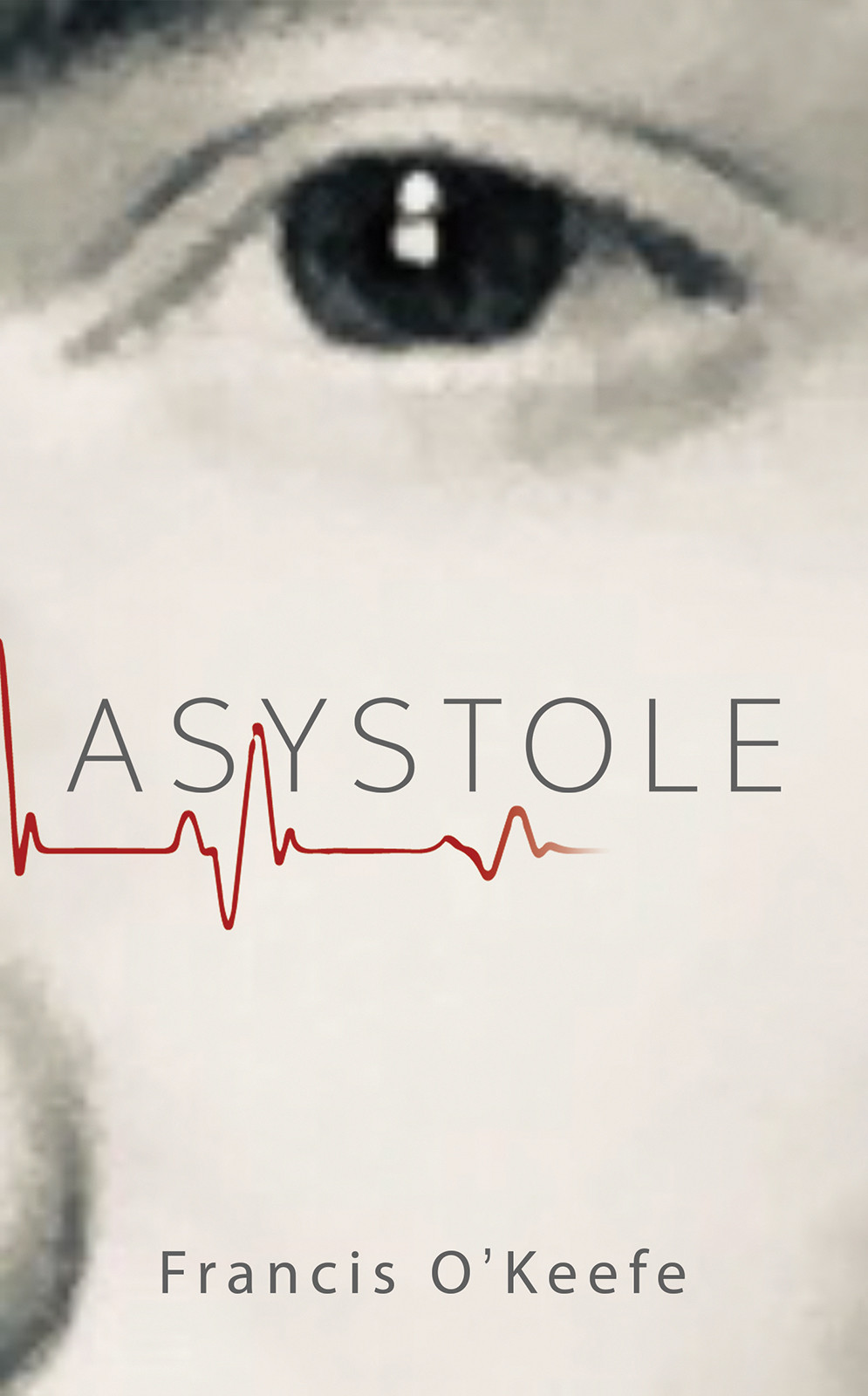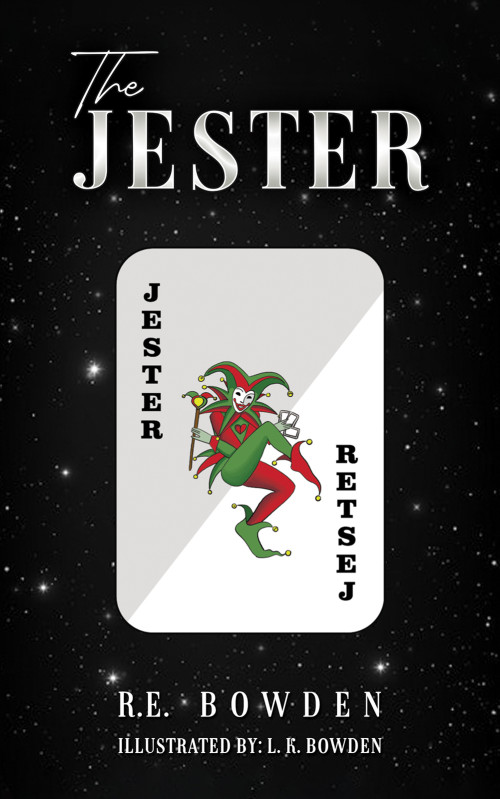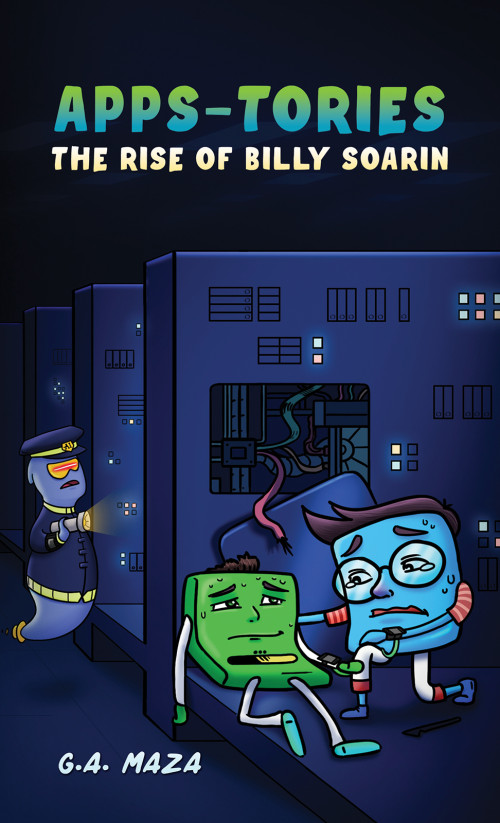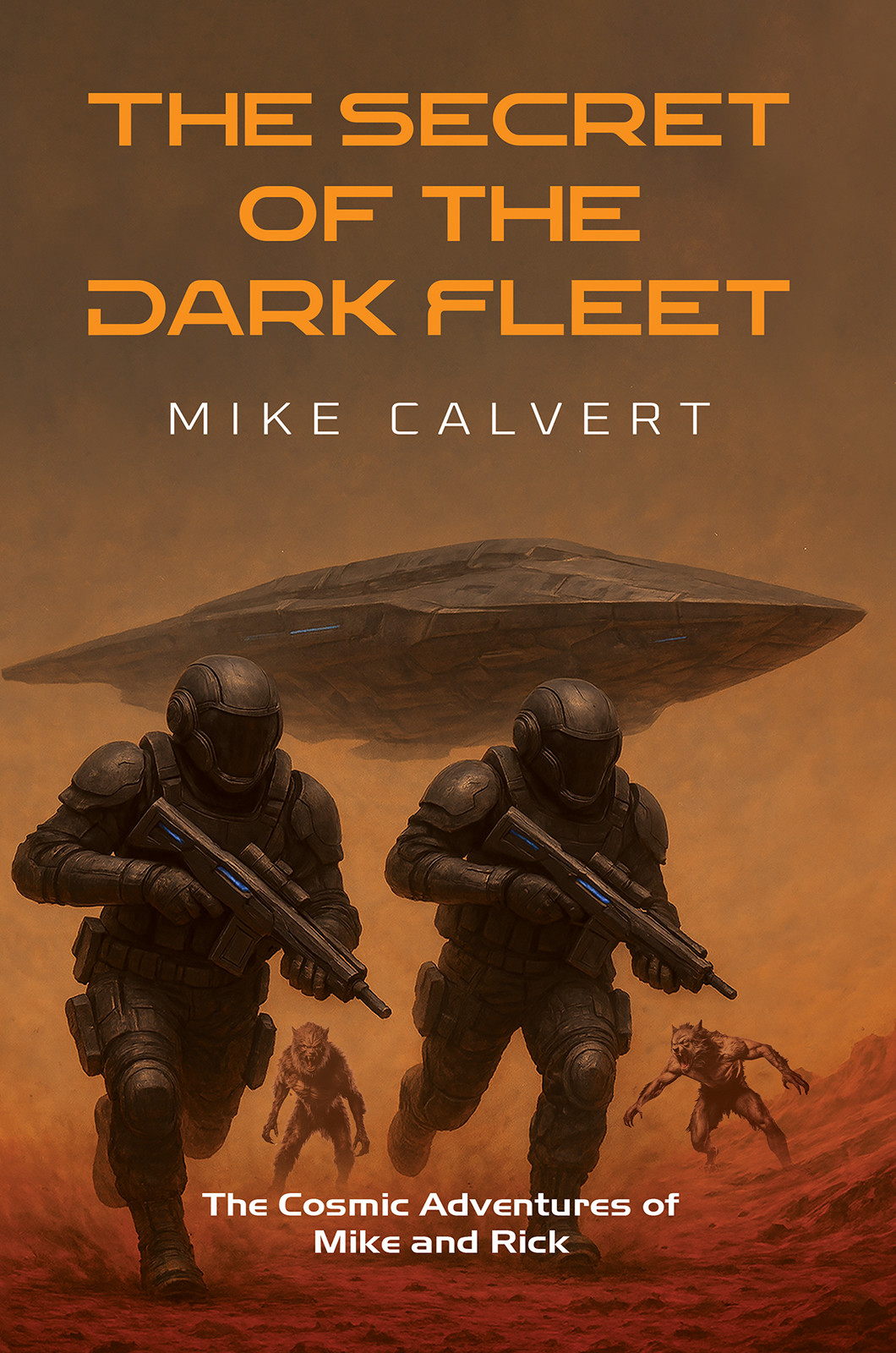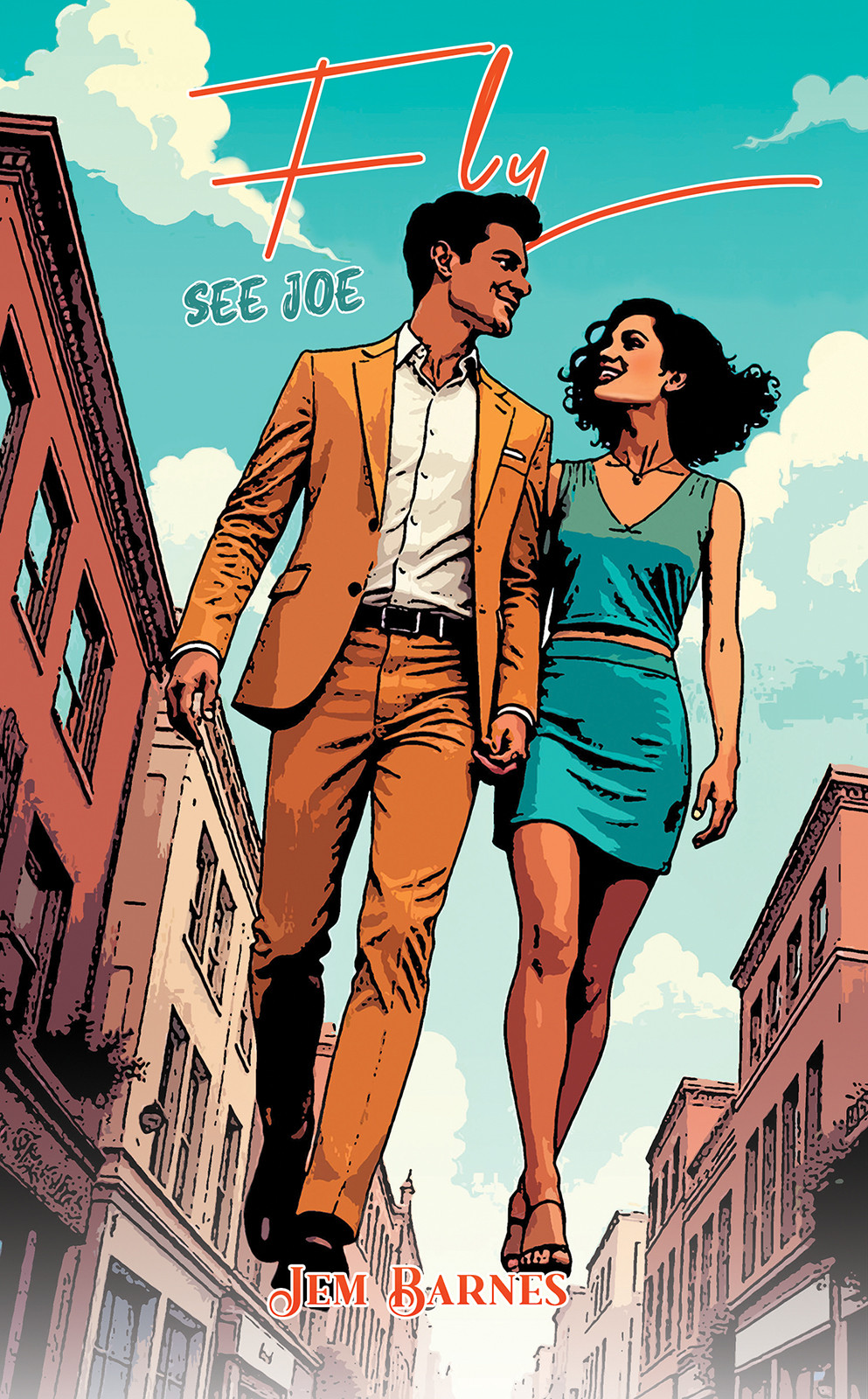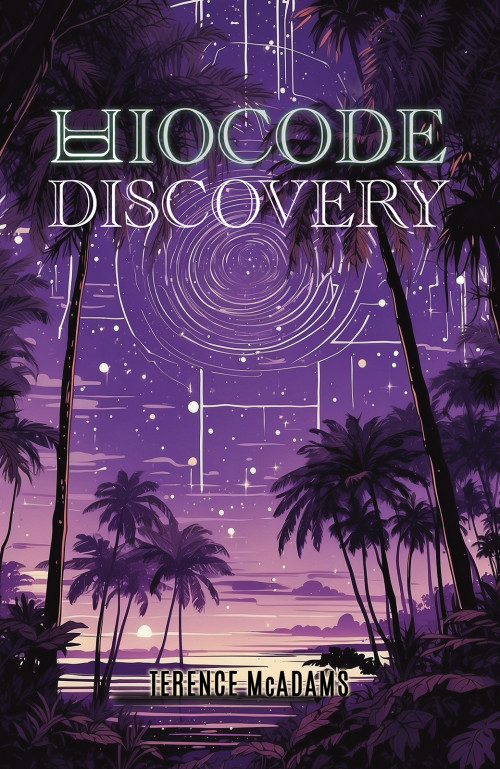Book Description
‘Justice may be the only comfort the living can offer the deceased.’
If you lack a past, how can you begin to understand your future identity and actions?
Doctor G. Kilbride has the fortune to witness a medical tragedy that blossoms into a scientific miracle, answering some of mankind’s most intriguing questions. This discovery will challenge public perceptions of life, death and beyond, and, for Kilbride, everything. With this knowledge, he is forced to reappraise his own life, mental blocks and dire errors.
In a perilous search for his lost self, he must learn to embrace some distressing truths that he no longer has the luxury to hide from.

